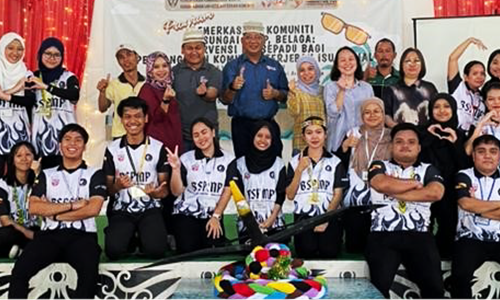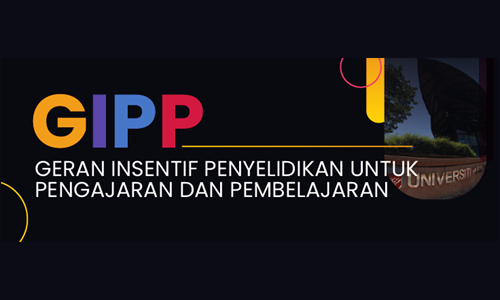|
SoTL as a research enterprise directs its attention towards human subjects and their pedagogical interactions. As such, SoTL benefits highly from approaches in quantitative approaches where researchers assign a numerical value to the data and analyse them through sophisticated statistical approaches. This quantitative paradigm intends to transplant the methodological scheme that underlines the natural sciences into SoTL.
This quantitative paradigm lowers the barrier of entry into SoTL research for university lecturers in the natural sciences. More importantly, quantitative methods allow for the gathering of large data points, and with the help of processing software, quicker analyses can be done based on those data points.
Nevertheless, if accepted fully and on its own, the quantitative paradigm may impede SoTL advancements in the long run. This paradigm relies on precarious foundations both in terms of the practical limitations and its more deep-seated philosophical assumptions.
Unlike the natural sciences, variables within teaching and learning sessions cannot be neatly controlled in laboratory-like conditions. Each high-quality learning session has its unique dynamic, highlighted by the real-time psychological interactions between the diverse personalities of students and lecturers, as well as the specific nature of the materials being taught. Controlling all these variables to the level of constancy similar to non-human experiments is arduous. The strict control of these variables during day-to-day classes demands more preparation and coordination from both the lecturers and students. This prospect is discouragingly unsustainable; it consumes excessive time and energy of the lecturers and students on top of their existing teaching and learning responsibilities.
|
|
Concerning itself more with the quality of phenomena, an inquiry in qualitative methods is not limited to what can be measured; qualitative SoTL researchers focus on patterns of meaning and the context in which the patterns occur. In contrast to the emphasis on reaching an artificially controlled environment, qualitative SoTL researchers seek to understand a teaching and learning phenomenon in its natural conditions – a ‘real-world inquiry’.
It also holds to a more modest epistemological claim. In this claim about what they can know, the researchers do not see themselves as detached observers while the subjects of SoTL (i.e., students, lecturers and their experiences) are objective entities that can be fully understood through controlled measurements. Instead, each student is considered an engaged participant, not merely an observed subject.
Qualitative SoTL researchers do not take each account of participants’ experiences superficially. For example, a student’s learning experience is not viewed as a single point of numerically coded attributes among multiple data points within a student population. On the contrary, the researchers rigorously investigate the multi-layered meanings that the experiential account contains, and how the experience is situated within the broader meanings within the psychological, social and cultural contexts.
Adherence to these principles will infuse qualitative SoTL research with multiple advantages. In each study, the researchers engage the students with open-ended inquiry instead of a predetermined set of answering options to serve a hypothesis. Such an investigative approach exposes the researchers to a first-hand understanding of students’ experiences, which can be more valuable than what is gained from sterile numerical data points. Moreover, the most durable advantage of qualitative SoTL methods is its ability to capture the multi-layered ‘depth’ of how students experience teaching and learning in the real world.
Unfortunately, the qualitative paradigm is more difficult to be well-understood within the broader scientific community. This is due to the fact that, compared to their quantitative counterparts, qualitative researchers often find it more challenging to demonstrate replicability and generalisability in their studies. Additionally, compared to the quantitative approach, the naturalistic data collection presents the SoTL researchers with a massive amount of raw information (e.g., large volumes of interview transcripts). This practical reality makes the analysis, interpretation and presentation of findings laborious and time-consuming.
|
|
While engaging in SoTL, the lecturers must respect the epistemic limits of both methods. Purposeful combinations of methods allow researchers to continue building the scholarly SoTL literature and share it with broader educational communities. In selecting specific methods, SoTL researchers and practitioners must develop: (1) the skill of generating the right questions for specific inquiries, (2) the understanding of the theoretical underpinnings of the various methods, and (3) the awareness of the pedagogical context they are in.
In the long term, through sincere collective efforts of university lecturers, SoTL will enhance the quality of higher education and meaningfully develop the students to become human beings of excellent character and wisdom.
|


























